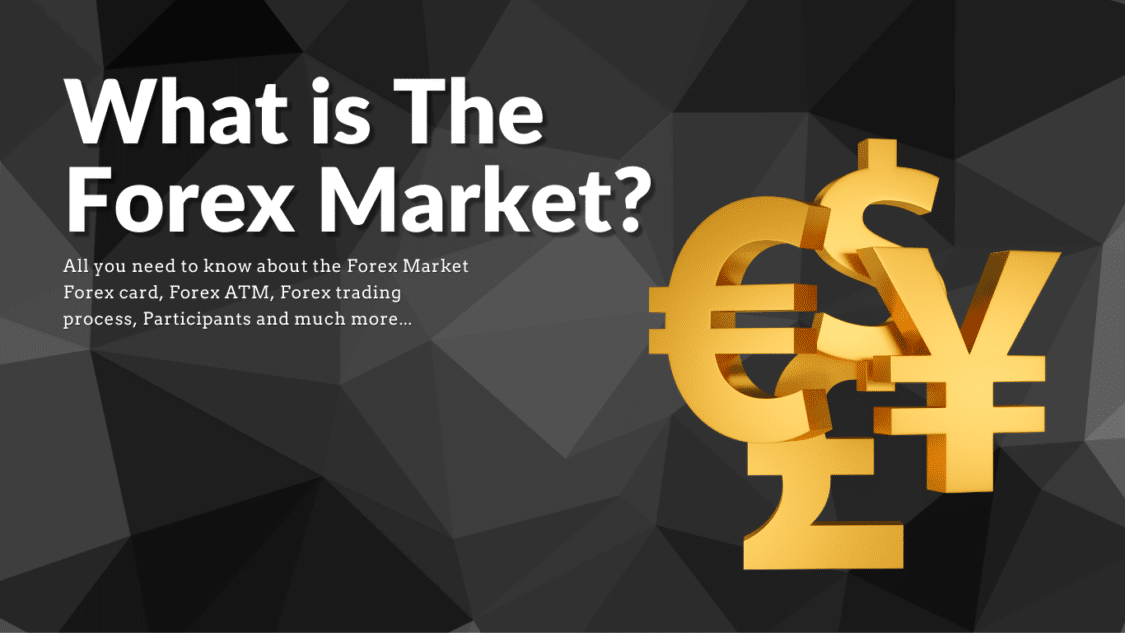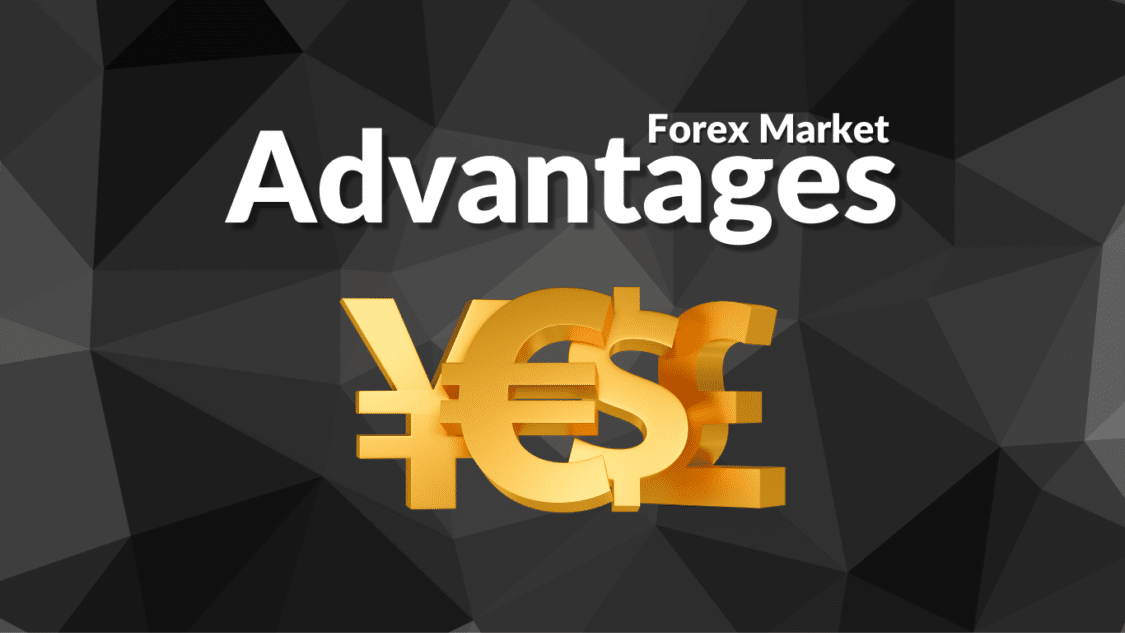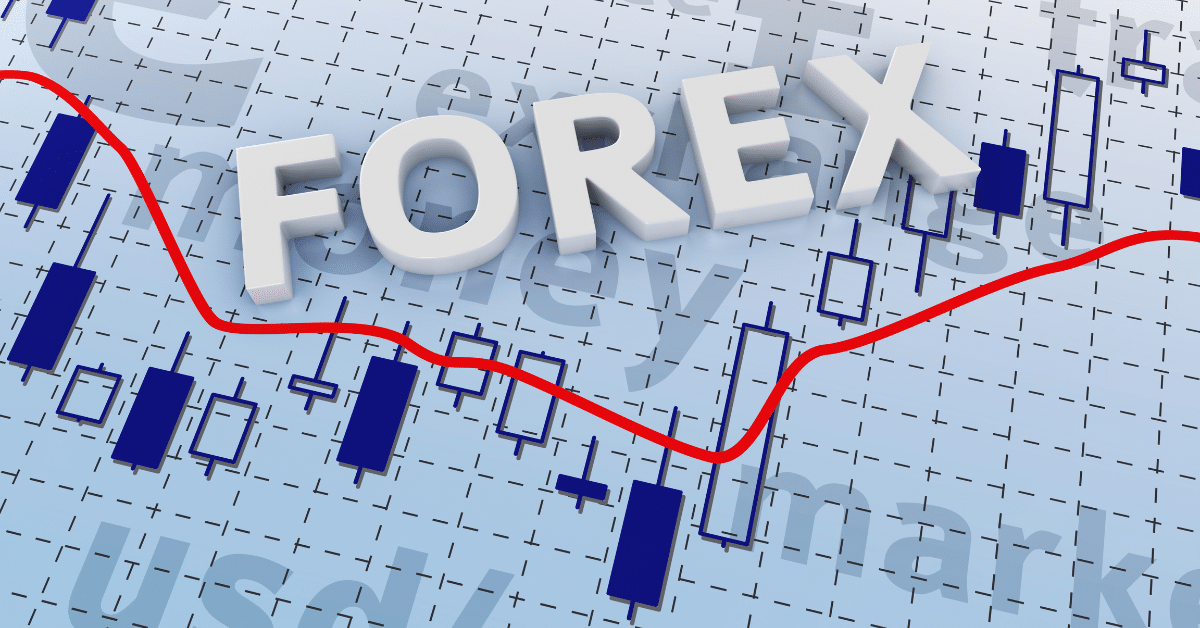The Forex market is decentralized, allowing individuals, companies, and financial institutions to trade currencies from different countries. Forex trading was introduced to make exchanging currencies easier, especially for international trade and business. Only large financial institutions and banks could initially participate in the Forex market. However, technological advancements and the introduction of online trading platforms have allowed individuals to participate in the market.

Forex Trading Process
Forex trading is a simple process involving buying and selling one currency. For example, a trader might buy the US dollar and sell the euro, hoping to make a profit when the dollar value rises compared to the euro. Technical and fundamental analysis are two tools forex traders use to make trading choices. Technical analysis involves analyzing price charts and market data to identify patterns and trends. Meanwhile, fundamental analysis involves examining economic and political events that may affect the value of a currency.
Forex Market Participants
The Forex market comprises various participants, including central banks, commercial banks, investment banks, hedge funds, money managers, and retail traders. Because they oversee the monetary policies of their respective nations, central banks play a role in the forex market. They also intervene in the market to control currency exchange rates.
Commercial banks are the most prominent participants in the Forex market and facilitate international trade by converting currencies. Investment banks, hedge funds, and money managers also participate in the Forex market. Although they primarily trade currencies for speculative purposes.
Retail traders, also known as individual traders, comprise a small percentage of the Forex market participants. They trade using online brokers, who provide access to the market and various trading materials and tools to aid in their decision-making.
Forex Market Advantages

The Forex market offers several advantages, including:
- Liquidity: Being the largest financial market, the market is quite liquid. This implies that traders may quickly enter and exit deals and that a currency pair will always have a buyer and a seller.
- Flexibility: Forex trading is available 24 hours a day, five days a week, making it possible for traders to participate in the market at any time.
- Low entry barriers: With the advent of online trading platforms. It is now possible for individuals to participate in the market with a small amount of capital.
- Leverage: Forex brokers offer leverage, allowing traders to trade with more capital than they have in their accounts. This can increase potential profits but also increases the risk of losing money.
What is a Forex Card?
A Forex Card is a prepaid, reloadable debit card used to make payments while travelling abroad. It is an alternative to carrying cash or traveller’s checks and is specifically designed for travellers. The card is loaded with a specific amount of foreign currency and can be used to withdraw money from ATMs, make purchases at merchants, and pay for services like hotels and transportation.
Forex cards are more secure than carrying cash because if the card is lost or stolen, the cardholder can report it, and the card can be blocked, preventing unauthorized transactions. Additionally, Forex cards have lower transaction fees than traditional credit or debit cards and are widely accepted by merchants worldwide.
The cardholder of a Forex card must first purchase the card from a bank or financial institution. Only afterwards can he load it with the desired amount of foreign currency. The card can then be used for transactions like a regular debit card. When the card runs out of funds, the cardholder can reload the card with more currency or switch to a different currency if needed.
In conclusion, Forex cards are a convenient and secure option for travellers to carry foreign currency while travelling abroad. They offer several benefits, including lower transaction fees, security, and wide acceptance. This makes them a popular choice among travellers. However, it is essential to carefully research and compare different Forex card options and fees before settling on a card.
What is a Forex ATM?
Forex ATM refers to an Automated Teller Machine (ATM) that allows individuals to withdraw foreign currency while travelling abroad. Forex ATMs are a convenient and quick way to access cash in the local currency of the country you are visiting.
Forex ATMs work just like regular ATMs. The user inserts their debit or credit card into the machine, chooses the desired currency, and withdraws the cash. The device then automatically converts the amount from the user’s home currency to the local currency and dispenses the cash.
Forex ATMs offer advantages over other currency exchange options, such as banks and money exchange booths. They are widely available and offer competitive exchange rates, allowing users to avoid the hassle and time of finding a currency exchange booth. Forex ATMs also provide a convenient and secure way to access cash in the local currency, as there is no need to carry large amounts of money or worry about theft.
What is a Forex broker?
A financial firm or organization known as a forex broker is a middleman between individual traders and the forex market. A forex broker provides traders access to the world’s currency exchange market, enabling currency trading.
Forex brokers facilitate trade execution by providing a trading platform or software that allows traders to access the market quickly. The software lets them see real-time pricing, place orders, and manage their holdings.
Forex brokers provide traders with a range of features and services, such as:
- Trading Platforms: The trading platforms provide individual traders easy access to the forex market in addition to viewing charts, executing trades and analyzing price movements.
- Market Access: The interbank market, where currencies are exchanged internationally, is accessible to traders through forex brokers. They combine liquidity from many sources to give their clients competitive bid/ask pricing.
- Account Types: Forex brokers provide different trading accounts, like standard accounts, mini accounts, or micro accounts, to adapt to traders with varying capital sizes and risk preferences.
- Leverage: Leverage is a feature that many forex brokers offer, enabling traders to manage greater positions in the market with less cash. Both profits and losses are increased by leverage.
- Research and Analysis: Some forex brokers offer market analysis, economic news, and news about the market to aid traders in making judgments about their trades.
- Risk Management: To help traders manage their positions and protect their funds, many forex brokers include risk management tools, including trailing stops, take-profit orders, and stop-loss orders.
- Customer Support: Forex brokers offer support services to help traders with account-related inquiries, technical issues, and general trading support.
Closing Thoughts

It is important to know that Forex ATMs may have higher transaction fees than traditional ATMs. Some Forex ATMs may also have limits regarding the amount of cash that can be withdrawn per transaction. In conclusion, Forex ATMs offer a convenient and secure way to access cash in the local currency while travelling abroad. They are a popular option for travellers since they are widely available and offer favourable exchange rates.
The Forex market, a highly volatile decentralized market where players can exchange currencies from other countries, is open to all traders. It offers several advantages: liquidity, flexibility, low entry barriers, and leverage. This makes it an accessible option for both individual and institutional traders. However, Forex trading involves significant risks and is not suitable for everyone. Traders should educate themselves on the market and seek professional advice before participating.




